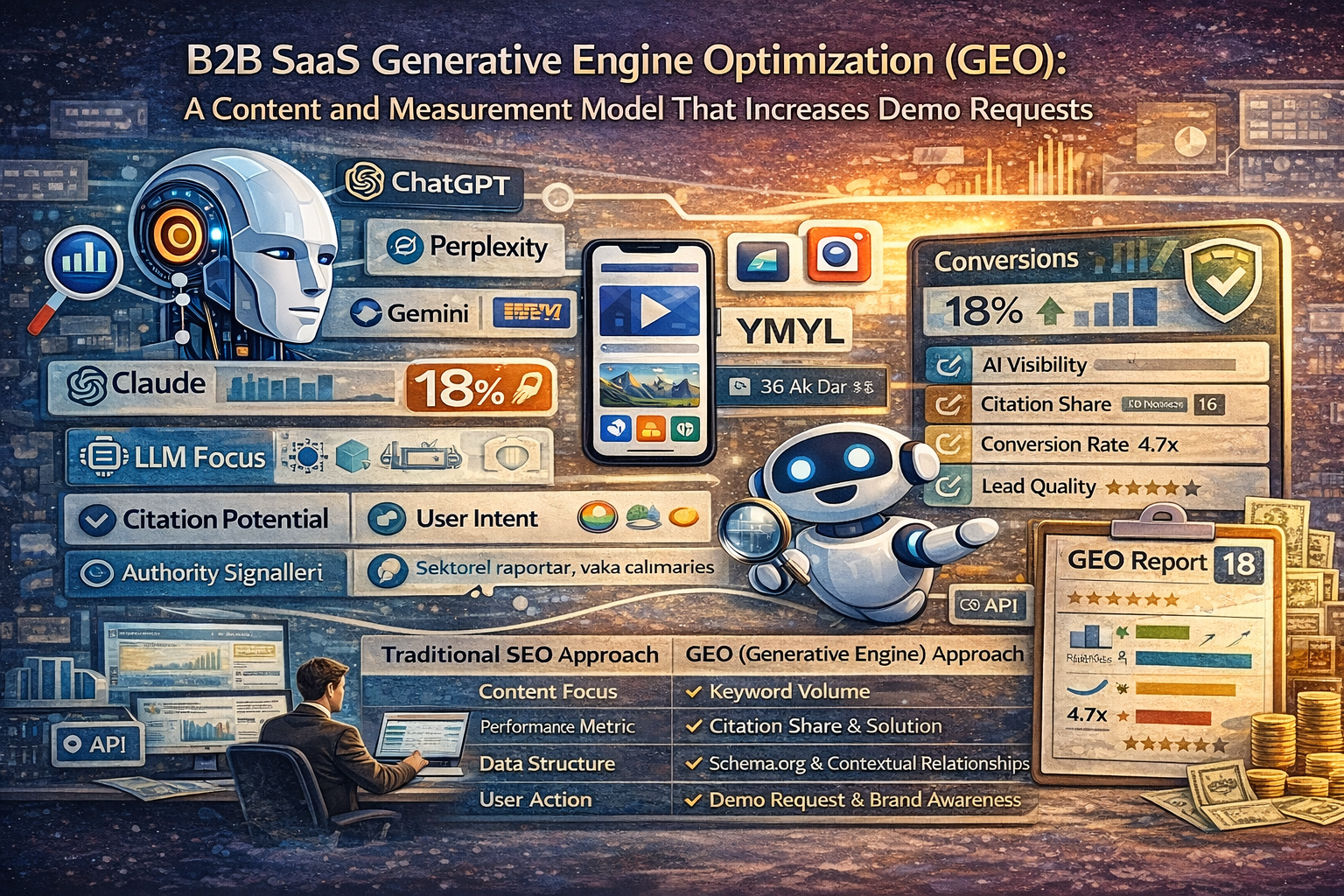
Analytica House
Apr 16, 2023What are cookies? What do they do?

Cookies are small data files collected via users’ browsers on websites. These files are used to track and analyze how users interact with a site. That’s why cookies are so important in the analytics world: they help measure site performance, understand user behavior, and improve the site.
Here, we’ve compiled everything you need to know and all the frequently asked questions about cookies.
What Are Cookies?
Cookies are small text files that a web browser stores on a user’s device.
These files allow websites to track users’ preferences and behavior, deliver personalized content and services, ensure proper functionality, enhance security, and identify areas for improvement through performance analysis.
For example, a site can store a user’s login credentials in a cookie so that when the user returns, they are automatically signed in.
You may know that Google announced in January 2020 that Chrome and its other products would phase out third-party cookies. That date was ultimately pushed to mid-2024 because Privacy Sandbox is still in testing.
Privacy Sandbox is Google’s privacy-focused ad initiative for Android that replaces third-party cookies. To predict how a cookieless digital marketing world will look, we first need to understand what cookies are and their types.
What Are First-Party Cookies?
- First-party cookies are small data files set under the site’s own domain when a user visits. They are created via the browser and used on later visits.
- They measure site performance, manage user sessions, remember preferences, and help improve the site. For example, they can recall a visitor’s language choice or site theme for faster access.
- Because first-party cookies are limited to a single domain, they help protect privacy and provide a more secure browsing experience.
What Are Third-Party Cookies?
- Third-party cookies are set by a different domain than the one the user is visiting, delivered by an external server and stored in the browser.
- They are used for advertising and marketing. For example, an ad network uses third-party cookies to determine user interests and serve relevant ads across sites.
- They can threaten user privacy, so browsers offer blocking options, and regulations like GDPR and CCPA restrict their use. Site owners may limit or disable third-party cookies to protect privacy rights.
Why Cookies Matter
Third-party cookies play a crucial role in digital advertising. Advertisers rely on them to define target audiences and build accurate consumer profiles during campaign planning.
- User Experience: Cookies track preferences and behavior to deliver personalized content and services. For example, remembering cart items or language settings enhances the experience.
- Marketing Strategies: Cookies enable marketers to analyze behavior, segment users, create targeted campaigns, and optimize strategies with personalized offers.
- Site Performance: Cookies help monitor which pages are most visited, what content is most effective, and which devices are used, guiding performance improvements.
- Conversion Tracking: Cookies verify conversions—such as purchases or form submissions—and measure campaign effectiveness.
The data collected is often used in retargeting and display advertising campaigns, underscoring cookies’ importance.

- Third-party cookies track user behavior over time by storing data on their device. This enables personalized ads for previously viewed or interacted-with products or services. Especially in display advertising, personalized ads often outperform traditional ones, highlighting cookies’ direct impact on ad performance, analysis, and measurement.
Cookie Types
Cookies come in various types and serve different purposes. Common ones include:
- Session Cookies: Temporary cookies created during a session and deleted when the browser closes.
- Persistent Cookies: Remain on the device for a set period to recognize returning visitors and preserve preferences.
- Third-Party Cookies: Set by external domains—ad networks, analytics providers, social platforms—to track across multiple sites.
- Performance Cookies: Used to monitor site speed, detect errors, and track user interactions to enhance user experience.
- Targeting/Advertising Cookies: Deliver ads tailored to user interests and measure ad performance.
Life Without Third-Party Cookies
Ad platforms that lose third-party data will turn to server-to-server connections or CRM integrations. But these methods can’t fully restore the current data flow or ad efficiency. Many efforts today focus on prolonging third-party cookies rather than innovating CRM-based measurement solutions.
Brands will see decreased ROI from new and existing users and higher CPAs. Even if CPA remains stable, engagement metrics (bounce rate, pages per session, etc.) will likely decline. For example, Meta’s targeting algorithms won’t work without third-party cookies.
On the web, analytics via Google or Adobe will also suffer data loss, leading to flawed performance metrics and misaligned attribution modeling in ad platforms.
Alternative Channels
As third-party cookies diminish, alternative data channels grow more important. For example, login and signup data plus site search history can power targeted ads and recommendations.
Email addresses can fuel email marketing, and social media profiles can support personalized advertising and suggestions.
What Can We Do with Cookies?
Think of cookies as a browser-stored data repository. We can capture every user action on the site, store searches and clicks in cookies for defined periods, and use that data as input for analysis. The possibilities are limited only by our imagination. First-party cookies let us create a rich dataset directly from user interactions, giving us true first-party data.
Google Analytics & Cookies
Cookies are the cornerstone of Google Analytics’ data collection. By deploying GTM and Analytics tags, we can track every user action on the site and report on it.
More resources

Generative Engine Optimization (GEO) in the Financial Sector: YMYL Risks and Trust Signals
With the integration of artificial intelligence technologies into the search engine ecosystem, the t...

B2B SaaS Generative Engine Optimization (GEO): A Content and Measurement Model That Increases Demo Requests
The digital marketing world is undergoing a major evolution from traditional search engine optimizat...

What Is a Source Term Vector?
A Source Term Vector is a conceptual expertise profile that shows which topics a website is associat...

